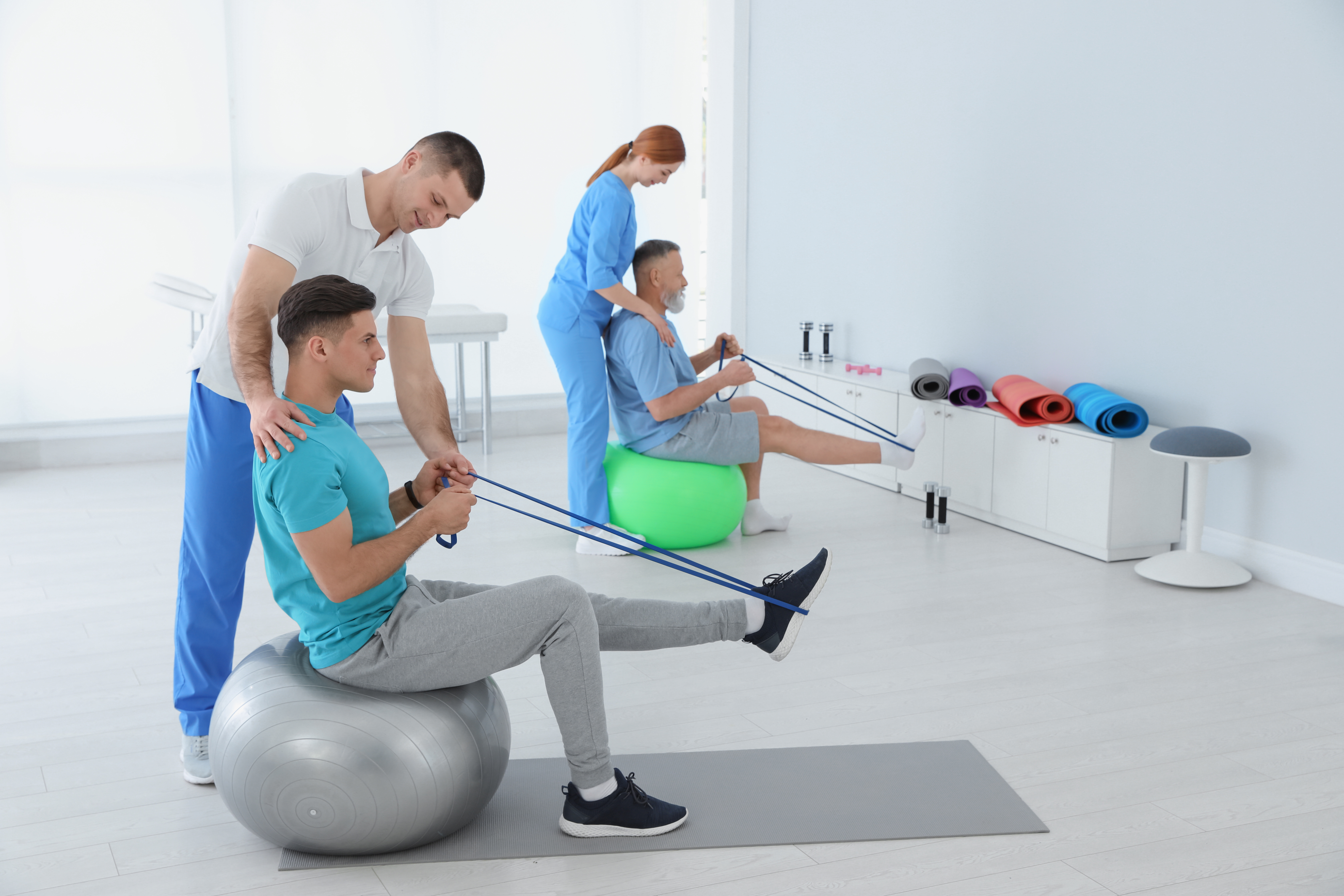Applying Cognitive Fortitude to Improve Gains in Athletic Rehabilitation
Wiki Article
Cognitive fortitude is an essential attribute that can significantly enhance outcomes in sports treatment. Athletes often encounter conditions that necessitate time away from their training, which can be both physically and psychologically challenging. Psychological toughness refers to the ability to remain strong and optimistic in the face of hardship. It helps players cope with the strain of injury recovery, stay focused on their milestones, and maintain drive throughout the rehabilitation process. By developing psychological strength, athletes can improve their recovery experience and return to their performance stronger than before.

A single key aspect of building emotional toughness is setting realistic goals. When athletes are injured, it is essential for them to have structured, realistic intentions during their recovery. These milestones should be precise, trackable, reachable, relevant, and time-specific (goal-setting) principles. For example, instead of saying “I want to get better soonâ€, an patient might set a goal like “I will follow my therapy routine three times weekly for four weeksâ€. This helps recovering individuals monitor their progress and keep their attention on what they can control, reducing feelings of frustration or despair.
Another key factor in building inner strength is maintaining a constructive mindset. Competitors should practice encouraging inner dialogue and mental imagery practices to foster a resilient mental environment. Self-reinforcing language involves replacing limiting thoughts with empowering statements. For instance, instead of thinking “This is too hardâ€, an patient could tell themselves “I’m getting stronger with every stepâ€. Imagery can also be effective; patients can imagine themselves performing well in their sport as they heal. These practices help build mental fortitude and reinforce the belief that return to performance is possible.
Networks of support play a critical role go to this website in fostering emotional toughness during healing. Individuals should stay connected with motivating companions, family members, mentors, and healthcare providers who understand the demands of rehabilitation. Open best personal training apps communication with these support figures allows recovering individuals to express their emotions, concerns, and frustrations. Additionally, sharing experiences with other injured athletes can provide a sense of community and empathy that makes the journey easier. Knowing others have faced similar difficulties can encourage hope and motivate individuals to persevere.
In addition, awareness-based methods can significantly improve an individual’s psychological well-being during rehabilitation. Present-moment focus involves being conscious of one’s thoughts and sensations without bias. Practices such as mental stillness, controlled breathing, or yoga can help patients manage tension and stress related to their healing process. By incorporating these techniques into their daily routines, patients learn to stay focused and focused on their progress, rather than dwelling on what they have been unable to do during their time off from activity. This method promotes emotional stability and encourages a constructive attitude towards recovery.